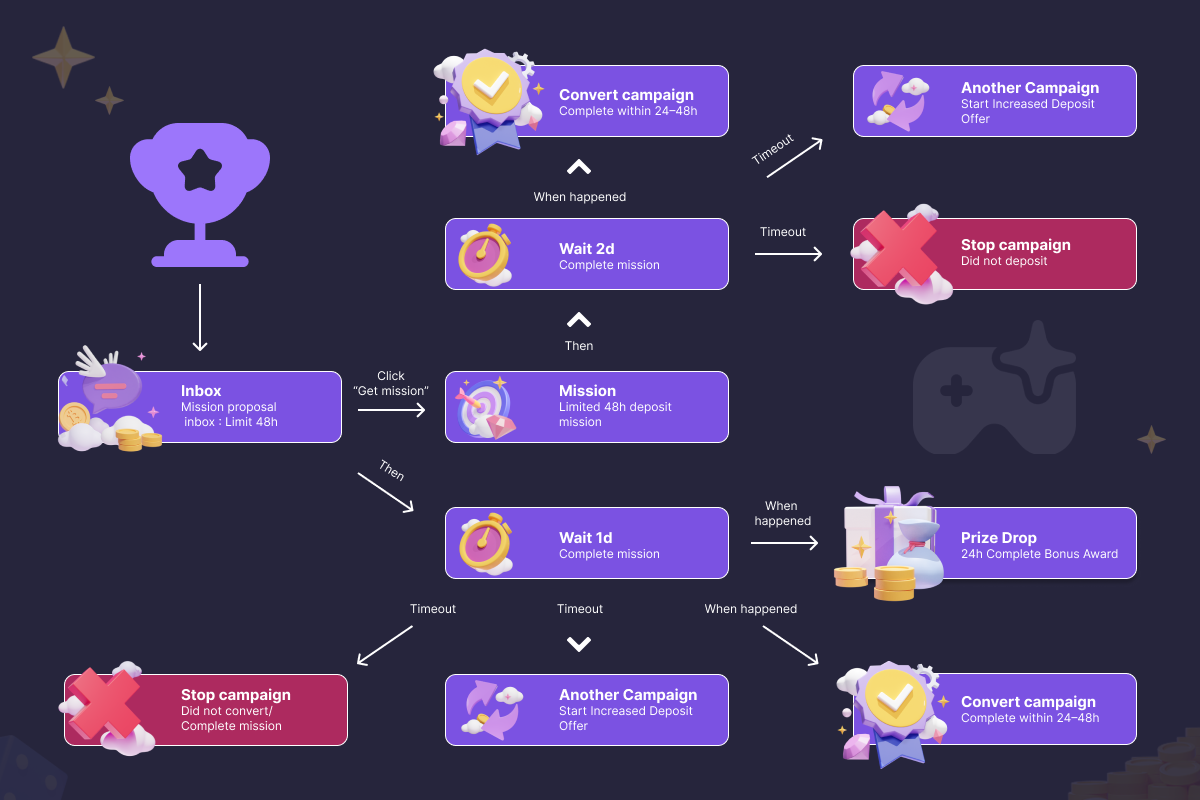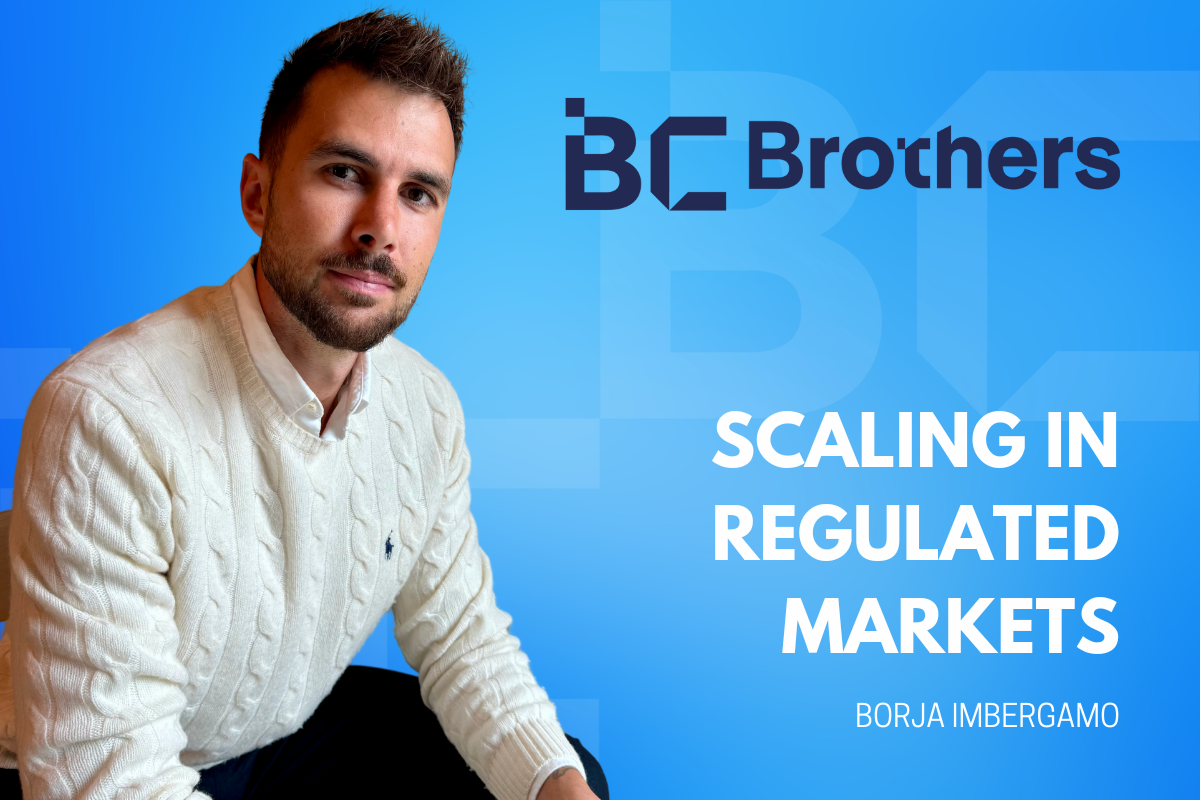Compliance Updates
MGA launches Phase 2 of its Sandbox Regulatory Framework

Following the implementation of the first phase of the Sandbox Regulatory Framework as of 1 January 2019, which established the possibility for authorised persons to be allowed to accept Virtual Financial Assets (VFAs) as a means of payment, the Malta Gaming Authority (MGA) is announcing the launch of the second phase of the Framework. During this phase, the MGA will be accepting applications for the use of Innovative Technology Arrangements (ITAs), including Distributed Ledger Technology (DLT) platforms and smart contracts.
Further to the aforementioned, the MGA shall be extending the duration of the Sandbox Regulatory Framework until 31 December 2021. The Guidance on the use of Innovative Technology Arrangements and the acceptance of Virtual Financial Assets and Virtual Tokens through the implementation of a Sandbox Environment has been amended, in order to reflect the developments that have taken place in relation thereto. The Licensee Relationship Management System (LRMS) has been updated to the effect that both prospective and existing licence holders are now able to apply for the MGA’s approval in order to integrate ITAs within their operation.
ITAs shall be required to be audited by auditors registered with the Malta Digital Innovation Authority (MDIA) in terms of the Innovative Technology Arrangements and Services (ITAS) Act (Chapter 592 of the Laws of Malta), and shall only be accepted by the MGA if the audit report consists of a positive opinion and the MGA is satisfied that the regulatory requirements shall be adhered to by the authorised person.
An approval to participate in the Sandbox Regulatory Framework is conditional on the applicant holding the relevant licence issued by the MGA, without prejudice to any other regulatory requirements stemming from other applicable legislation, including but not limited to, the Virtual Financial Assets Act (Chapter 590 of the Laws of Malta) and the regulations issued thereunder.
Kindly contact the Innovation Team on [email protected] for any queries related to the above.
-

 eSports6 hours ago
eSports6 hours agoTEAM VITALITY AND PARIS SAINT-GERMAIN ESPORTS ANNOUNCE EA FC COLLABORATION
-
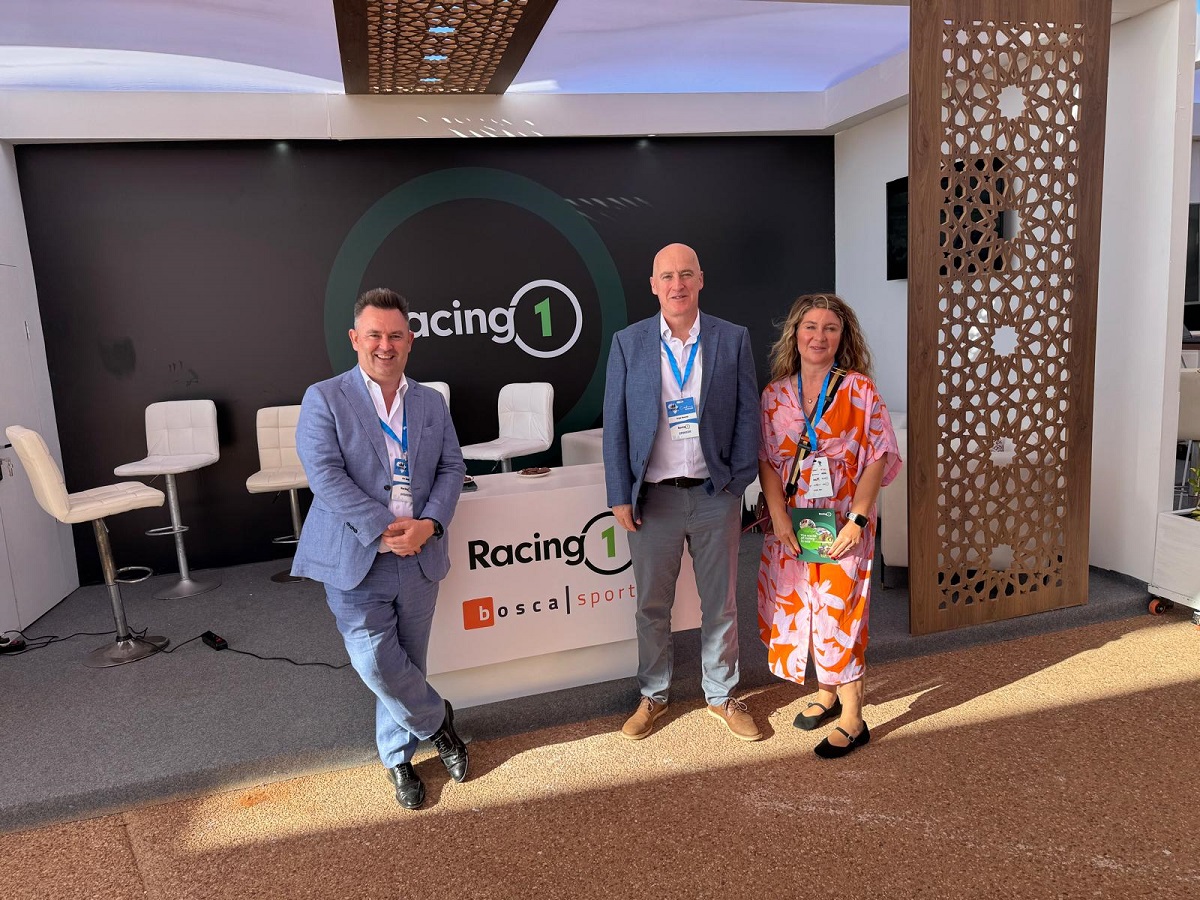
 Africa7 days ago
Africa7 days agoRacing1 is exhibiting for the first time at the Grand Prix D’Afrique
-

 Asia7 days ago
Asia7 days agoTesla to showcase Model Y with NODWIN Gaming at the thrilling BGMS Season 4 Grand Finals
-

 Compliance Updates7 days ago
Compliance Updates7 days agoSOFTSWISS Compliance Expert Shares Knowledge on AML in iGaming for Sumsub Academy
-
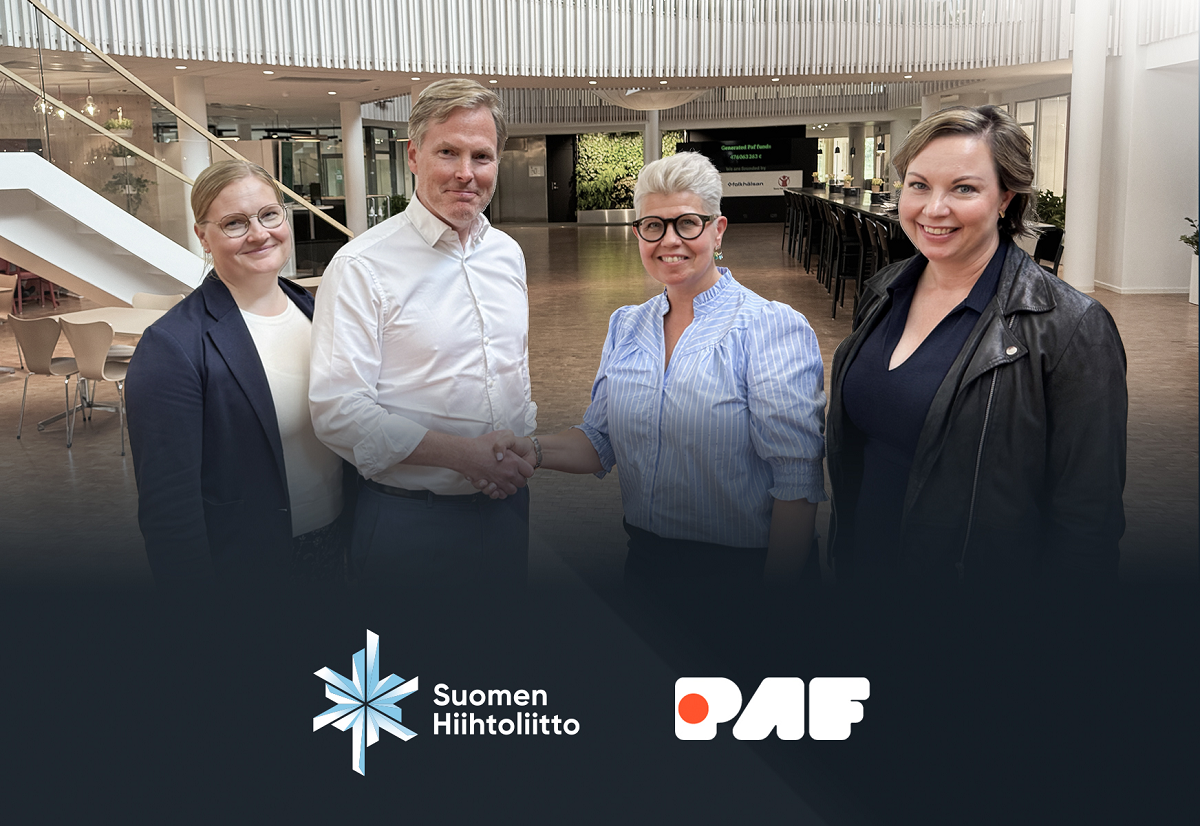
 Latest News7 days ago
Latest News7 days agoÅland-Based Gaming Company Paf Becomes Main Partner of the Finnish Ski Association – One of the Most Significant Sponsorship Agreements in the Association’s History
-
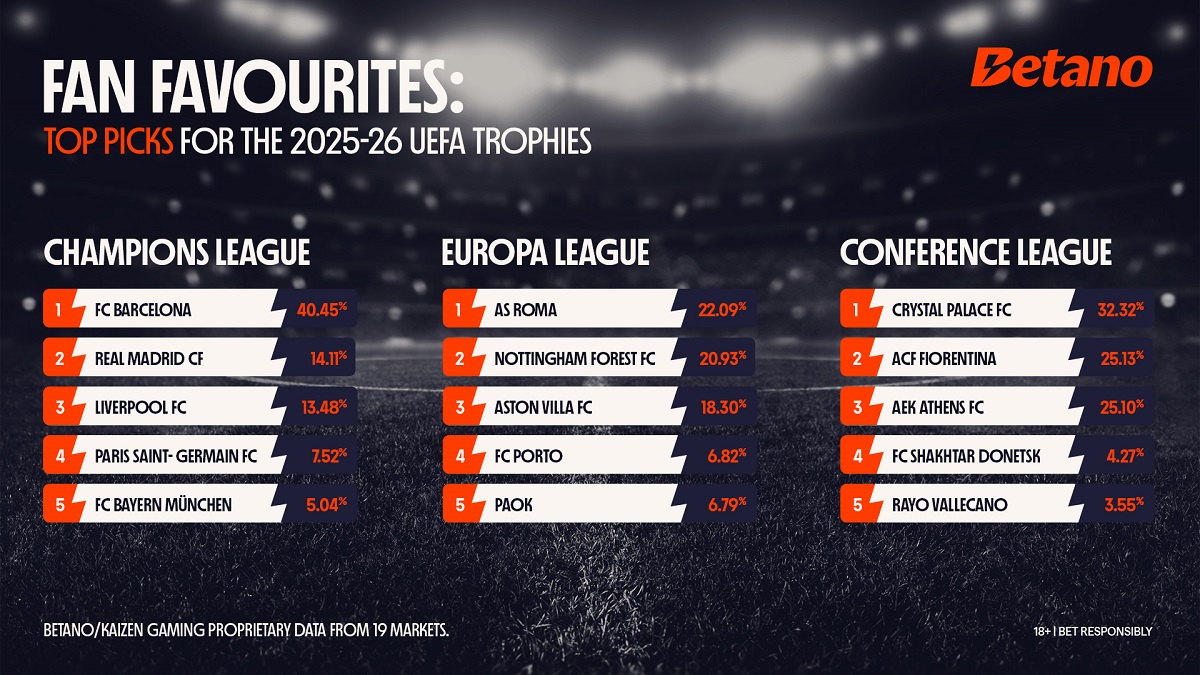
 Latest News7 days ago
Latest News7 days agoKaizen Gaming data – FC Barcelona the fan favourite to win the Champions League
-

 Latest News7 days ago
Latest News7 days agoAnimo Studios debuts virtual hosts for live table games starting with Stake
-

 Latest News7 days ago
Latest News7 days agoWeek 37/2025 slot games releases









